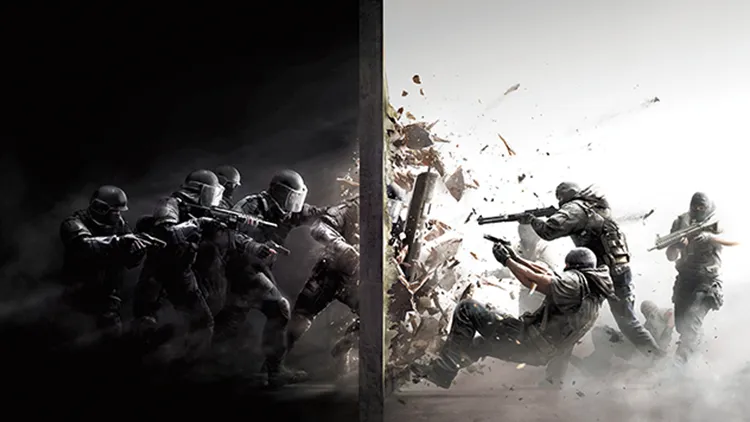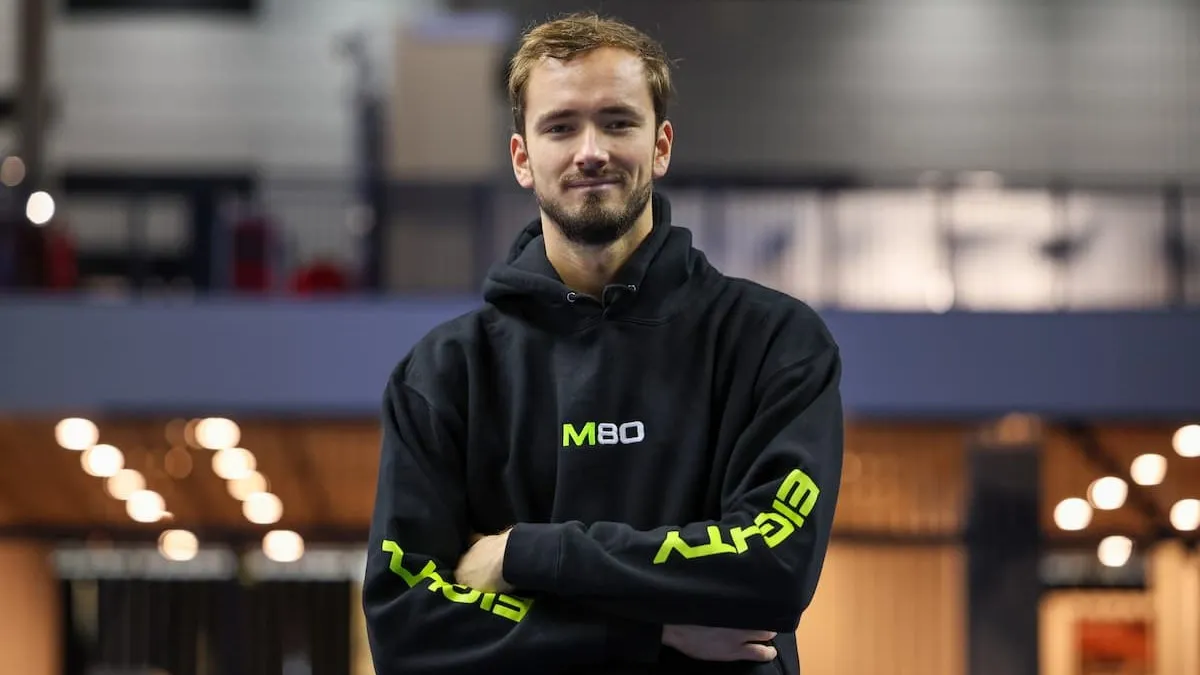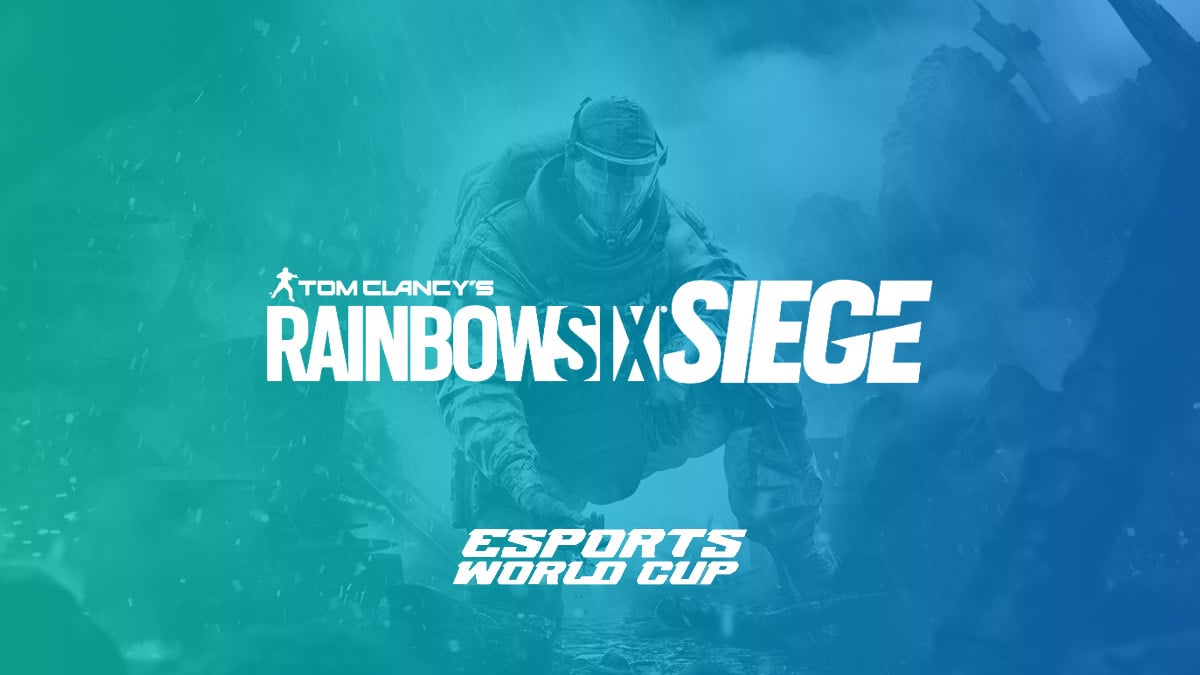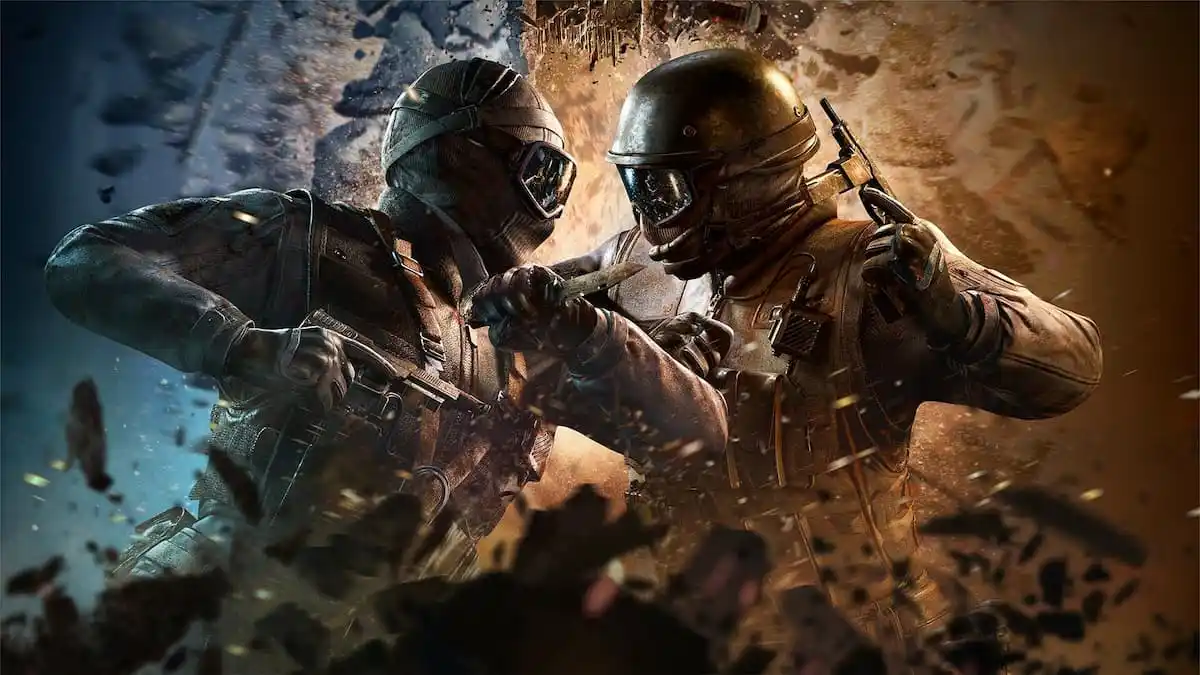ESL rolled out a new team licensing rule for the upcoming season 11 of the Rainbow Six Pro League earlier today.
Changes to league rules are fairly common. Season nine saw the introduction of auto-relegation, which immediately demoted the bottom-ranked team in each division to the Challenger League. Directly following the close of the season nine relegation matches, auto-relegation was removed from the league. The Rainbow Six Pro League continues to evolve as it attempts to find its final form. Rule changes are almost expected at this point in the game.
ESL has changed the team licensing rules for the upcoming season 11. Organizations will now be granted a single season-long license. The keyword here is “single.” This change prevents organizations from simultaneously supporting a Pro and Challenger League team. Changing the licensing format of the league is a play to “ensure a steady and bright future for Pro League,” according to the official ESL page.
The post also cites the alleged “poaching” that goes on within the leagues as a reason for the licensing rule change. While most teams and orgs should remain unaffected by the change, it will undoubtedly change how organizations approach the Rainbow Six Pro League. ESL also cites the “demanding landscape of the professional community” as an additional reason for the shift.
Fans shouldn’t really see the effects of this rule change. While ESL believes that this licensing change will hold teams and organizations to a higher standard, it remains to be seen what exactly the “higher standard” really entails.
For further information regarding the licensing rule, fans can consult the official rulebook here under section 2.10 and it’s underlying points.






Published: Oct 28, 2019 02:33 pm